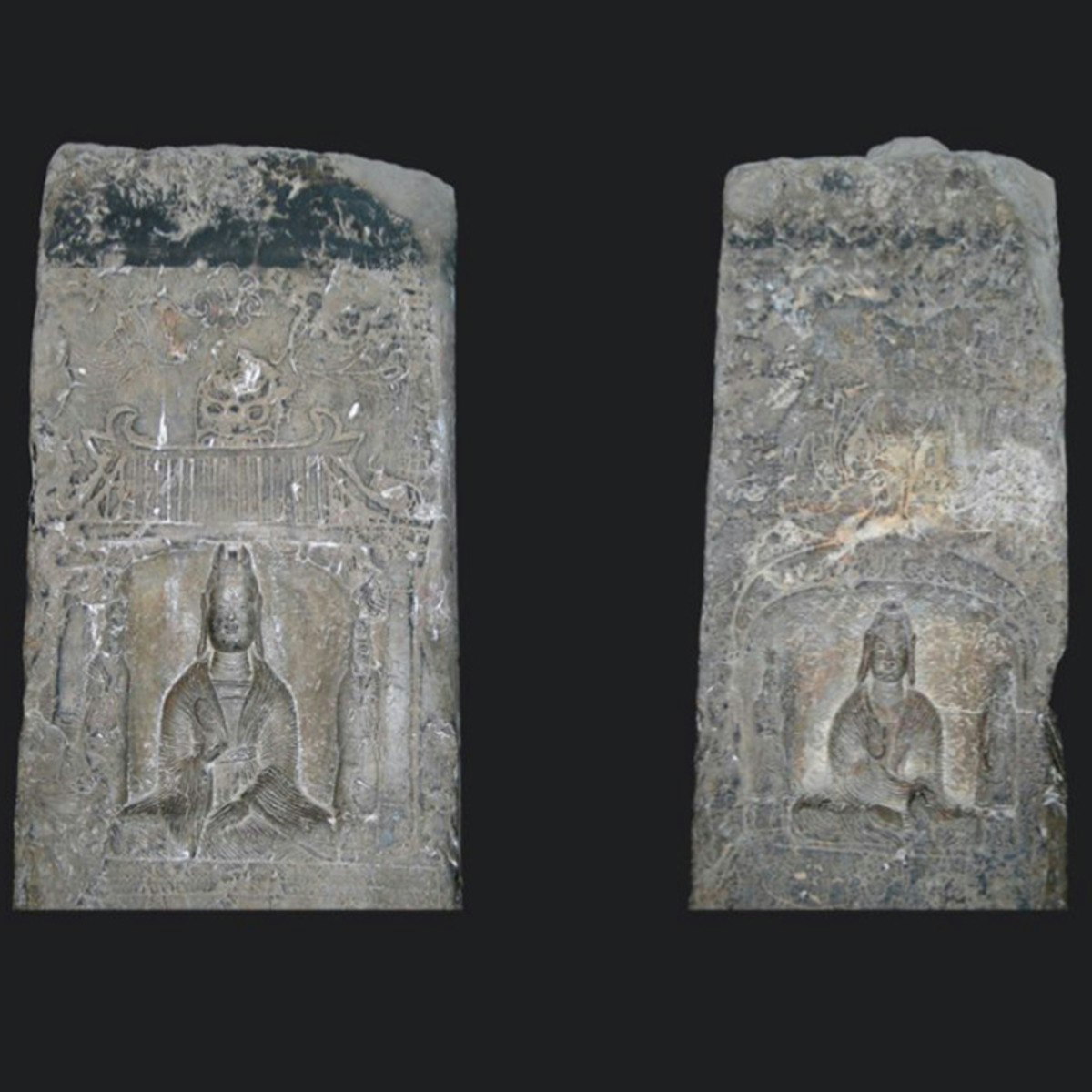
This sequence of four courses will propose a multi-disciplinary approach to the study of Chinese cultural history conceived of as a succession of modes of rationality (philosophical, bureaucratic, and economic). The focus will be on the moments of paradigm shift from one mode of rationality to another. For each of these moments, cultural facts and artifacts—thought, literature, ritual—will be examined in relationship to changing social, political, and economic systems.
Read more
This sequence of four courses will propose a multi-disciplinary approach to the study of Chinese cultural history conceived of as a succession of modes of rationality (philosophical, bureaucratic, and economic). The focus will be on the moments of paradigm shift from one mode of rationality to another. For each of these moments, cultural facts and artifacts—thought, literature, ritual—will be examined in relationship to changing social, political, and economic systems.
This sequence of four courses will propose a multi-disciplinary approach to the study of Chinese cultural history conceived of as a succession of modes of rationality (philosophical, bureaucratic, and economic). The focus will be on the moments of paradigm shift from one mode of rationality to another. For each of these moments, cultural facts and artifacts—thought, literature, ritual—will be examined in relationship to changing social, political, and economic systems.
The first two courses will cover the periods of the Warring States (481-256 BCE) and the Period of Division (220-589 CE), with a brief excursion into the Han (206 BCE-220 CE). The Warring States laid the social and cultural foundations for the emergence of the imperial mode of rationality; the Period of Division saw the Buddhist “conquest” of China and the emergence of a rationality defined by the opposition of the Three Teachings to shamanism, that is, of a clear contrast between elite and popular culture.
The third and fourth courses will focus on the emergence of modern China in the Song-Yuan (960-1368) and of today’s China 1850 to the present. We will see how the modern attack on religion, redefined as "superstition", led not only to religious reform movements but also to a society in which science and the nation became the primary value systems promoted by the state.
The courses are listed below:
A Critical Cultural History of China - Early China I: Intellectual Change in the Warring States and Han (481 BCE-220 CE)
A Critical Cultural History of China - Early China II: Religious Transformation in the Period of Division (220-589 CE)
A Critical Cultural History of China - Modern China I: Religion and Thought in the Song, Jin, and Yuan (960-1368) (To be launched in late 2018)
A Critical Cultural History of China - Modern China II: Structuring Values (1850-2015) (To be launched in late 2018)
What's inside
Syllabus
MODULE 06 Religious Transformation in the Period of Division (220-589 AD)
This module presents the relationship between the elite attack on shamanism and their promotion of a cosmology that transformed medicine and laid the foundations for both self-cultivation and a bureaucratic empire.
Read more
Syllabus
Good to know
Save this course
Reviews summary
Division-era chinese religious history
Activities
Review previous knowledge of Chinese cultural history
Show steps
Reviewing previous knowledge before taking this course will strengthen your foundational understanding of the subject
Show steps
-
Go over notes from previous coursework on Chinese cultural history
-
Research major events and figures in Chinese cultural history
-
Read articles on modern Chinese culture and trends
Review a critical cultural history of China
Show steps
Reviewing a critical cultural history of China will provide you with a foundation and context for this course
View
Paradigm Shifts in Early and Modern Chinese...
on Amazon
Show steps
-
Read the introduction and first chapter of the book
-
Summarize the key arguments and concepts in the book
-
Identify the main research questions that the book addresses
Show all two activities
Review previous knowledge of Chinese cultural history
Show steps
Reviewing previous knowledge before taking this course will strengthen your foundational understanding of the subject
Show steps
- Go over notes from previous coursework on Chinese cultural history
- Research major events and figures in Chinese cultural history
- Read articles on modern Chinese culture and trends
Review a critical cultural history of China
Show steps
Reviewing a critical cultural history of China will provide you with a foundation and context for this course
View
Paradigm Shifts in Early and Modern Chinese...
on Amazon
Show steps
- Read the introduction and first chapter of the book
- Summarize the key arguments and concepts in the book
- Identify the main research questions that the book addresses
Career center
Religious Studies Professor
Theology Professor
Tour Guide
Archivist
Museum curator
Librarian
Archaeologist
Cultural Heritage Manager
Museum Educator
Historian
Freelance Writer
Journalist
Content Creator
Sociologist
Cultural Anthropologist
Reading list
Share
Similar courses
OpenCourser helps millions of learners each year. People visit us to learn workspace skills, ace their exams, and nurture their curiosity.
Our extensive catalog contains over 50,000 courses and twice as many books. Browse by search, by topic, or even by career interests. We'll match you to the right resources quickly.
Find this site helpful? Tell a friend about us.
We're supported by our community of learners. When you purchase or subscribe to courses and programs or purchase books, we may earn a commission from our partners.
Your purchases help us maintain our catalog and keep our servers humming without ads.
Thank you for supporting OpenCourser.


